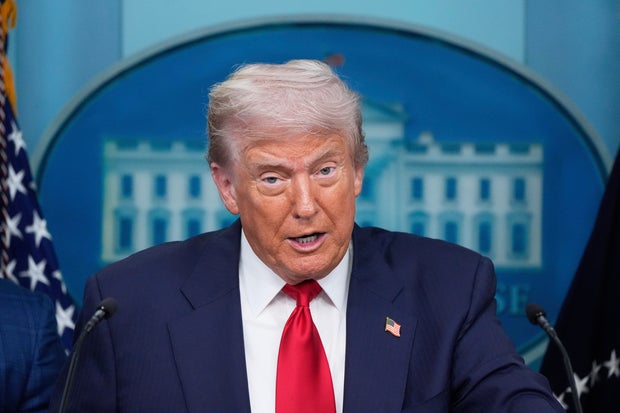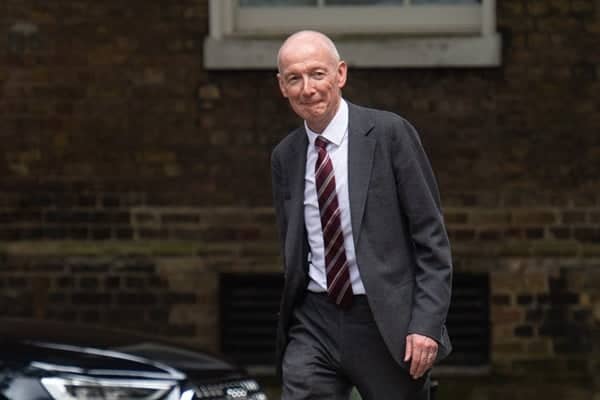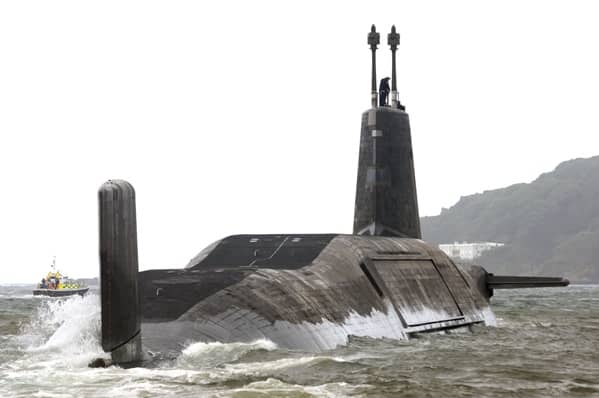First Impressions May Shape War or Peace in Ukraine
Within 120 seconds, President Donald Trump says he can tell whether Russia’s Vladimir Putin is serious about pausing the bloodiest conflict Europe has seen in decades.
Two Minutes to Decide
Speaking in the Rose Garden after unveiling an unexpected bid to place Washington’s police under federal command, Trump pledged that Friday’s brief stopover in Anchorage will function as a litmus test:
- “Really a feel-out meeting,” he termed it, adding that the outcome could range from “lots of luck—keep fighting” to a concrete deal.
His forecast jars with seasoned diplomats who stress that ceasefires are negotiated line by line, yet Trump insists he will read Putin within the opening handshake.
Russia’s Wish List—and Europe’s Worry
Russian troops currently control roughly one-fifth of Ukraine, territory the Kremlin has vowed to keep. European governments fear any bargain struck in their absence may legitimize those gains. As tensions mount, the president left reporters guessing on Volodymyr Zelenskyy’s seat at the table, twice declining to commit Kyiv to the first round.
Dismissive Tone Toward Zelenskyy
In a pointed swipe, Trump contended Ukraine’s leader has attended “a lot of meetings” without ending the war he did not start. He even took a jab at Zelenskyy’s wartime electoral status, alluding without evidence that a failure to hold ballots raises questions of democratic credentials.
Signal of Potential Pivot
Yet Trump also hinted the choreography could shift again:
“After I meet President Putin, the next session will involve Zelenskyy and Putin, and perhaps me as well.”
He vowed to brief Ukrainian and European leaders only after his Alaskan session—fueling anxiety across capitals that initial concessions might already be on the table.
NATO’s Delicate Balance
Mark Rutte, installed as NATO Secretary General two weeks ago, pressed the importance of opening new channels even while conceding the meeting “will not be the final word.” He praised Trump’s six months of sanctions and arms pressure on Moscow, calling the Alaska summit “a chance to gauge Putin’s sincerity.”
Timeline of Tensions
- February 2022: Russian forces cross Ukraine’s borders in a full-scale assault.
- Fall 2024: Trump campaign pledges to “end the war in 24 hours,” a promise still unmet.
- February 2025: Heated Oval Office exchange ends with Zelenskyy departing under a cloud of recrimination.
- Now: Friday’s 1-on-1 looms as the next unpredictable chapter.
Whatever verdict the president renders in those fleeting two minutes, Kyiv’s embattled citizens and anxious allied governments will parse every syllable, hoping it steers the continent toward quiet—not another escalation.

White House Turmoil and a Looming Friday Flashpoint
Trump Floats Vague “Land Swap” Formula, Warns Moscow of Fresh Sanctions
Standing in the James Brady Briefing Room on Monday, August 11, President Trump told reporters that any “big deal” ending the war could include boundary adjustments, though he refused to put borders on a map.
Key take-aways:
Stakes for the Two Presidents Who Aren’t Invited
| Vladimir Putin | Volodymyr Zelenskyy |
|---|---|
|
|
|
How Europe Is Preparing While Out of the Main Room
Berlin, left off the summit guest list, summoned its own virtual war council for Wednesday. Participants are expected to include Trump, Zelenskyy, the NATO Secretary-General, and a string of EU heads-of-state.
Berlin’s talking points, courtesy of Chancellor Merz’s spokesman Steffen Meyer:
Guns, Drones, and Casualties Across 1,000 Kilometers
Eastern Russian skies: A Ukrainian drone package killed at least one person and wounded two in a region roughly 260 miles from Moscow.
Nighttime tally, per Russia’s Defense Ministry: air-defenses knocked out 39 drones in six oblasts and above the Crimean Peninsula, territory grabbed by Moscow in 2014.




